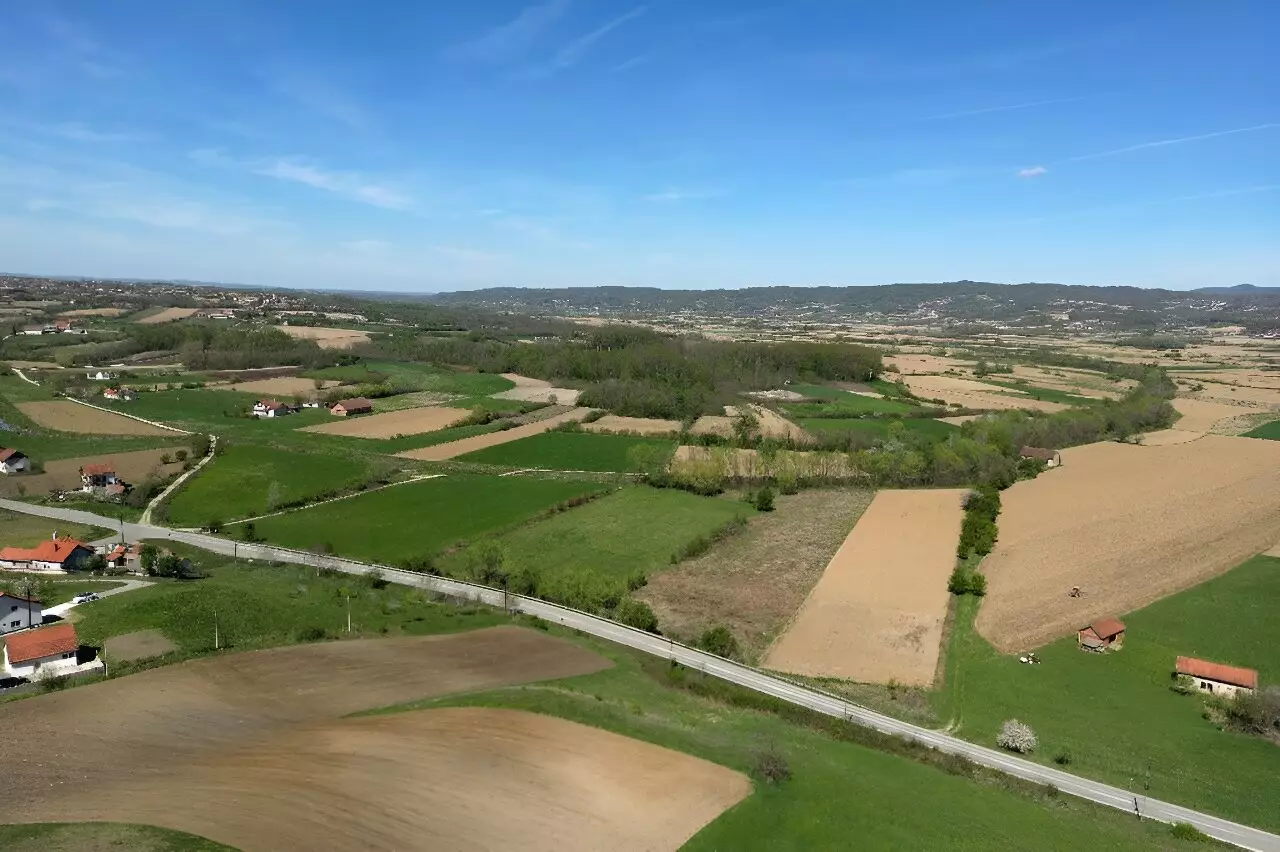Serbia’s President, Aleksandar Vucic, recently announced that the country could become a major player in the lithium market as early as 2028. This exciting development comes after receiving assurances from Australian mining giant Rio Tinto and the European Union regarding the Jadar project in western Serbia. The region is said to harbor one of Europe’s largest lithium reserves, a highly sought-after resource for the production of electric vehicle batteries. Despite initial setbacks due to environmental and health concerns, Vucic expressed confidence in the project’s potential to revolutionize the country’s economy and the broader region.
The decision to halt the mining project in 2022 was met with public outrage, as citizens feared the detrimental impact on the environment and their well-being. Accusations of lack of transparency and failure to disclose environmental impact reports were directed at both Rio Tinto and Vucic. However, in a recent turn of events, Rio Tinto released an environmental impact report aimed at dispelling such concerns. The company emphasized its commitment to implementing safe and sustainable mining practices, utilizing reliable and proven technologies. Rio Tinto vehemently denied allegations of environmental harm and criticized the misinformation campaign aimed at undermining the project’s credibility.
President Vucic highlighted the significant economic benefits that the Jadar mine could bring to Serbia and the wider European market. With an estimated annual production capacity of 58,000 tonnes of lithium, the mine could potentially supply 17% of electric vehicle production in Europe, equivalent to powering 1.1 million cars. This level of output has the potential to reshape the automotive industry and reduce the continent’s dependence on imported lithium. The successful operation of the mine could position Serbia as a key player in the global lithium market and attract further investment in the region’s raw material sector.
Serbia’s strategic partnership with the European Commission in batteries and raw materials signifies a commitment to fostering innovation and sustainability in the energy sector. The collaboration aims to leverage Serbia’s lithium resources and expertise to drive the development of cutting-edge battery technologies. By aligning with the EU’s green agenda and promoting responsible resource management, Serbia stands to benefit from access to new markets and technological advancements. This partnership paves the way for a prosperous future centered around sustainable energy solutions and economic growth.
Serbia’s foray into the lithium market represents a significant opportunity for the country to emerge as a leading player in the global transition to electric vehicles. Through collaboration with industry stakeholders and adherence to stringent environmental standards, Serbia has the potential to unlock its lithium potential and drive sustainable economic development in the region. The successful implementation of the Jadar project could mark a turning point in Serbia’s industrial landscape and position the country as a hub for green innovation and resource management.


Leave a Reply